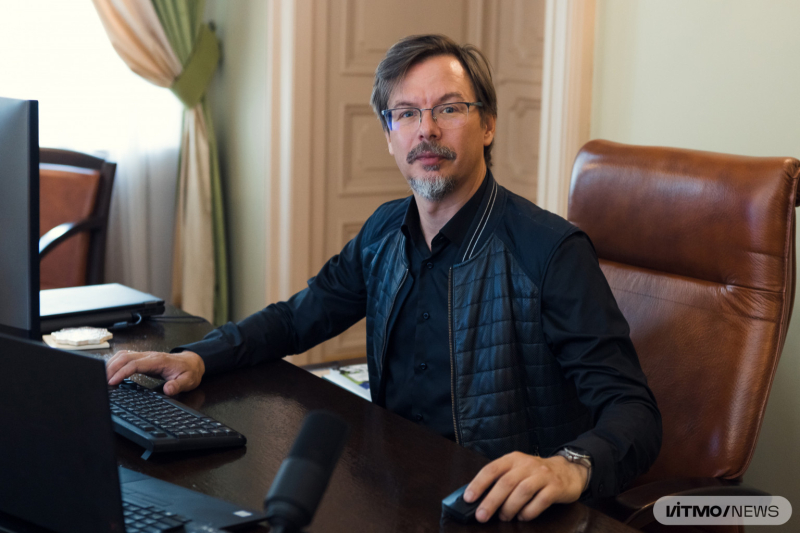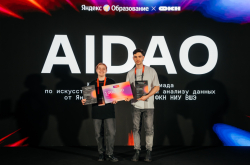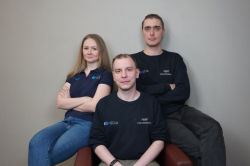A key feature of the new program is that its students will work not only with theoretical research, but also conduct experiments and implement the results into actual products. To achieve that, they’ll be guided by team leads from Yandex and work alongside the teams that develop the company’s services; they’ll also gain access to Yandex Cloud and robotic technologies. Studies will continue for 3-4 years. In that time, the students will have the opportunity to participate in A* conferences and complete internships at universities and laboratories abroad.
The first intake of students will begin their classes in the fall of 2024. To enroll, one must pass the entrance exams and complete an interview with Yandex’s project leads. This year, these will be Mikhail Levin, a senior developer of autonomous vehicles, and Dmitry Rybalko, an ML services architect at Yandex Cloud. In addition, students will be assigned research supervisors from among the partner universities’ top experts.
“As technologies develop further, it becomes ever clearer that we must maintain the relationship between science and high-tech business. We are confident that integrating research work with industrial tasks will help make research topics more practical and immediately applicable, as well as contribute towards a new generation of highly qualified specialists, who are sorely needed by the market. This new format of PhD studies is our step towards creating synergy between conventional science and the product approach – a shortening of the gap between theory and practice,” comments Daria Kozlova, the director of Yandex Education.
Daria Kozlova. Credit: ITMO University
Students will conduct joint experiments with the teams of Yandex services and, throughout their studies, solve real-life product cases. For instance, by improving language models, devising adaptation methods for YandexGPT, developing industrial and other applications for AI, coming up with better safety solutions for autonomous vehicles, and other practical tasks.
“The next generation of computational models in physics, chemistry, and biology will be made with the help of neural networks. But at the moment, universities can’t do that without the close involvement of big tech – which possesses the data, computational resources, and even basic language models. As part of this joint PhD program with Yandex, ITMO plans to develop its methodology of industry-specific adaptation of LLMs, including on the basis of multiagent technologies. In the future, this should have a major impact on the development of industrial systems of vertical AI,” says Alexander Boukhanovsky, the head of ITMO’s Research Center “Strong AI in Industry.”
Alexander Boukhanovsky. Photo: Dmitry Grigoryev / ITMO.NEWS
Earlier this summer, Yandex and Sberbank launched Russia’s first-ever Bachelor’s program in AI development, AI360: ML Native. Its students, who will learn to create AI models, can also choose to continue their careers in research and eventually join the new PhD program.




